Reality Check: Your questions about farming and fishing
- Published
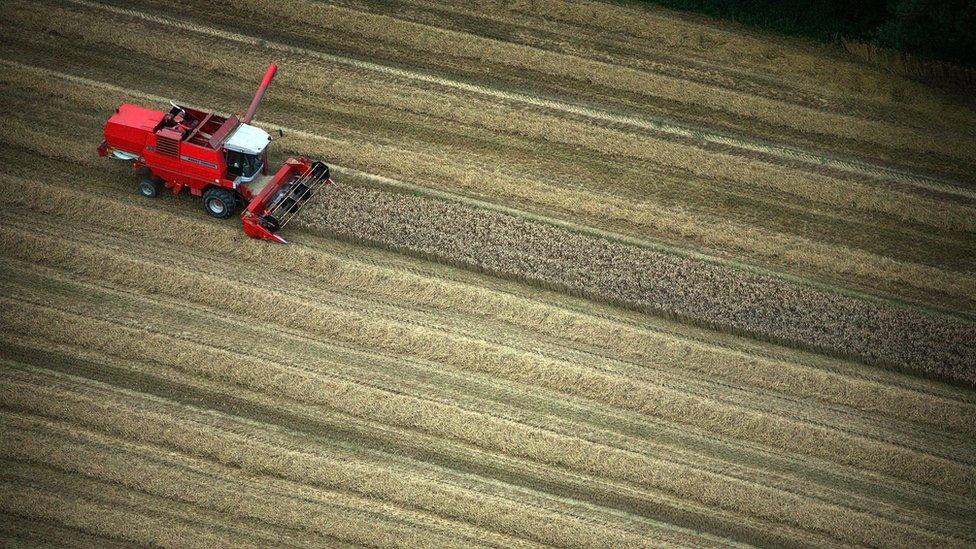
The impact of the EU on farming, fishing and the environment is something that lots of you have been getting in touch with us about. The Common Agricultural Policy (CAP) remains the EU's biggest area of spending although its share of the budget is falling.
EU subsidies account for 50% of British farm incomes. In 2014, farmers in the UK received £3.19bn in subsidies. The average payment was £17,735. The highest was almost £2m.
While some farmers consider these payments a lifeline, others say they have artificially inflated costs, which means they are not worth as much as they seem. You can read more about this here.
Some campaigners for Vote Leave say British farmers could be better off if the UK left the European Union as non-EU countries like Switzerland and Norway actually give more support to their farmers. We've shown here that it doesn't automatically mean British farmers could expect the same if Britain left the EU.
The EU's Common Fisheries Policy sets rules for the amount of fish each country's boats can catch.
The Common Fisheries Policy is controversial too. Fish stocks - along with jobs in the industry - decreased as the EU gave grants for new technology on boats. Recent moves, including a ban on fish discards, attempt to reverse the decline in fish numbers. You can find more about this here.
In terms of the EU's impact on the environment, the European Union has pushed for higher standards over time and European rules are among the toughest in the world. For example, the quality of water at beaches is governed by the revised Bathing Water Directive.
Some Remain campaigners have gone so far as to say the EU can take the credit for cleaner beaches, water and air but we concluded here that this was going too far, as the UK might have brought in its own laws on this.
Below, you can find the answers to some specific questions that you've asked us.
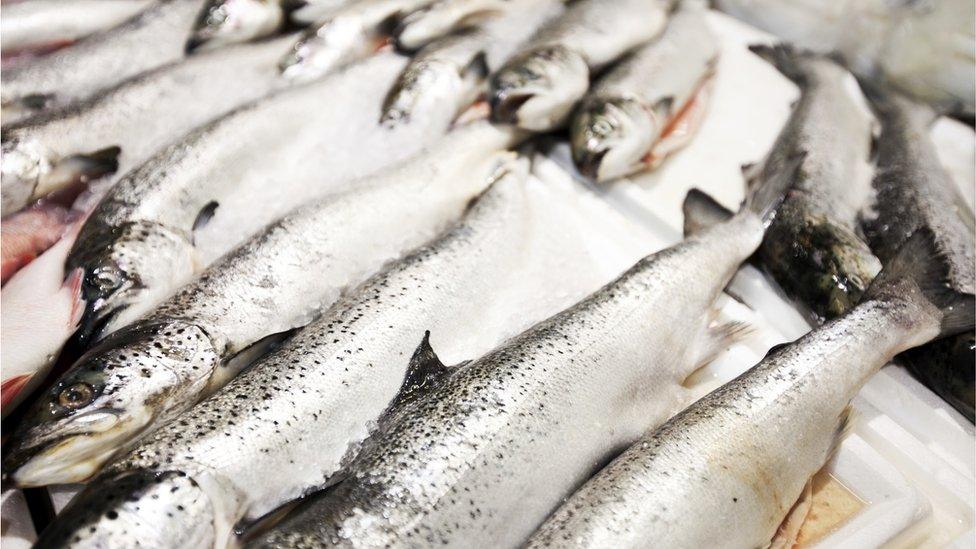
The question: Duncan emailed the BBC to ask: "If we were to leave the EU would our territorial waters be established to the benefit of our fishing fleet at the exclusion of all others?"
The answer: European fishing fleets are given equal access to EU waters and fishing grounds up to 12 nautical miles from the coasts of EU member states under the Common Fisheries Policy.
The policy also aims to ensure that fishing is "environmentally, economically and socially sustainable" across EU member states.
A 2016 House of Commons Library paper, external suggests that were the UK to leave the EU, the status of its fishing waters would depend on whether the UK would allow access by foreign vessels to its Exclusive Economic Zone (EEZ).
An EEZ extends 200 nautical miles (370km) off a country's coastline. It gives the state the authority to control the fish resources within it.
If it did decide to allow foreign vessels access to its EEZ, it may have to maintain a close relationship with the EU or a mechanism for agreeing catch limits.
On the other hand, the UK could decide to exclude foreign vessels and assume full responsibility for fisheries in its EEZ.
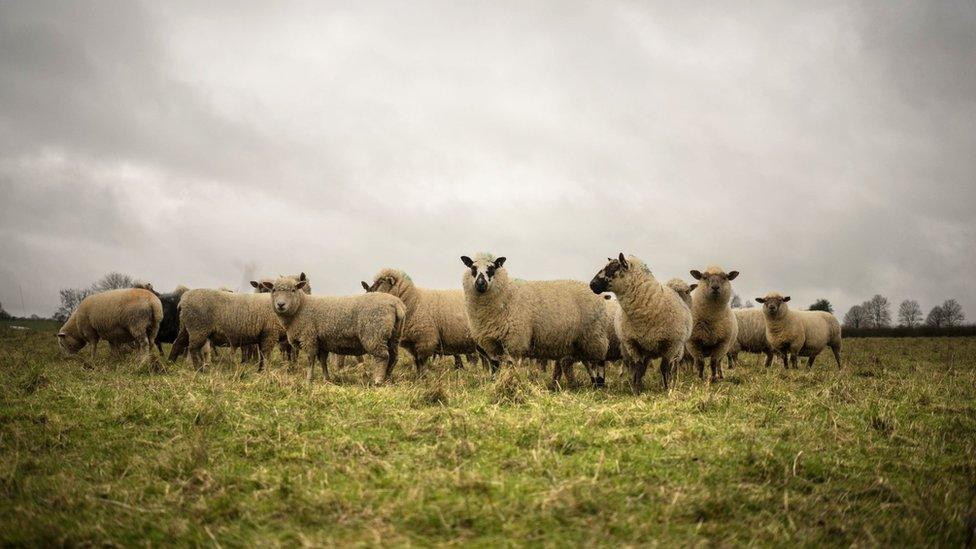
The question: Mark Toole asked BBC Radio 4's PM programme "Free of the constraints of the EU's Common Agricultural Policy, how much UK agricultural land could be returned to productive use?"
The answer: The EU gives farmers incentives to meet environmental and climate goals. Under the Common Agricultural Policy (CAP), farmers receive 'greening' payments if they protect permanent grassland, dedicate 5% of arable land to "ecologically beneficial elements", and diversify their crops. UK farmers are free not to follow these greening rules, but they will see their CAP payments reduced. Participants of the small farmers' scheme and organic farmers are exempt from these regulations.
In addition to incentivising farmers to protect grassland and use a proportion of their land for ecologically beneficial elements, the EU stipulates that national governments must designate permanent grasslands in special areas of protection or conservation for species and habitat under the EU Habitats and Birds Directives.
National governments must also maintain a certain ratio of permanent grassland to total agricultural area. In the UK, this must not drop below 5% compared to arable land. Grasslands are an integral part of mixed-farming systems and are often dependent on farming activities such as livestock grazing and hay-making. The EU states that it is committed to reconciling the demands of agriculture with the protection of biodiversity.
The UK Department of Environment, Food and Rural Affairs (Defra) told the BBC that the UK government "remains firmly committed" to the goals set out in the EU Habitats Directives and that it had made no assessment of what would happen to current regulations if Britain were to leave the EU. As such, it is not possible to say if land that is not currently used for agricultural production would be returned to productive use if Britain were to leave the EU.
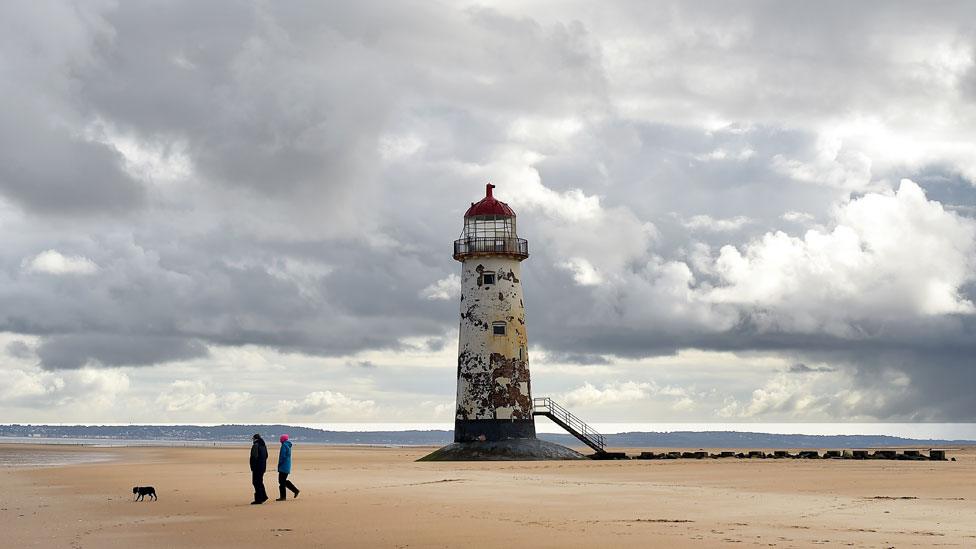
The question: A listener asks BBC Radio 4's PM programme "Following the referendum, would wildlife and the environment be in safer hands and receive more protection, support and funding if Britain left the EU or remained in it. Is the EU "greener" than the British government?"
The answer: Looking at environmental policy as a whole, it's difficult to say whether the EU is "greener" than the British government. We've been a member for more than 40 years, over which time public understanding of environmental matters has greatly evolved and our membership of the EU has been crucial in shaping our environmental policy. As such our domestic stance on the environment is in many ways indistinguishable from the EU's stance.
The UK is acknowledged to be a major player when it comes to influencing the EU's environmental policy direction. To some extent the EU has driven us towards greener policies, for example around air and water pollution, in some cases we have designed green policies for the EU, and in others we have held back environmental policies where we felt they would have a negative effect on businesses.
When a House of Commons committee carried out an environmental audit, the witnesses felt that EU membership had been "overwhelmingly" positive for the UK environment. The majority of the committee believed that the UK's membership of the EU has improved our approach and ensured that the UK environment has been better protected.
However, when the government entered into renegotiation of our terms of membership to the EU, the environment was not discussed suggesting it was an area our government was broadly happy with. The UK would not necessarily discard our EU-initiated green policies were we to leave.
The report acknowledged that many environmental concerns have to be addressed multilaterally - climate change doesn't respect borders, polluted rivers end up in our shared seas and bad quality air can't be confined to our shores. So it's unlikely our government would want to abandon all of these co-operative arrangements to tackle some of these issues.
Defra minister Rory Stewart told the committee: "The basic structure of European environmental law in relation to our Department, I think, is very close to what we think is sensible. It is what we would intend to do in the United Kingdom."
Fracking is one instance where British business interests have clashed with EU environmental and safety policies. The EU was set to introduce further regulations on the shale gas industry, something the British government was opposed to. Leaked papers showed a directive had been prepared but was scaled back to a "recommendation" after fierce behind-the-scenes lobbying. The safety recommendations, which the EU wanted to make legally binding, include the monitoring of on-site methane leaks and capture of gases and volatile compounds that might otherwise be vented.
When it comes to funding, if we left the EU, we would lose any EU funding for environmental projects, but we would gain back our contribution. In a hypothetical scenario where the economy is unchanged by Brexit, we would have an additional £8bn in the pot. But how that is spent would be down to the government to determine. And the economy is unlikely to be entirely unaffected by Brexit.
Keep your questions coming by email (realitycheck@bbc.co.uk) or via Twitter @BBCRealityCheck, external and we'll answer as many as we can before 23 June.



- Published19 May 2016

- Published18 April 2016
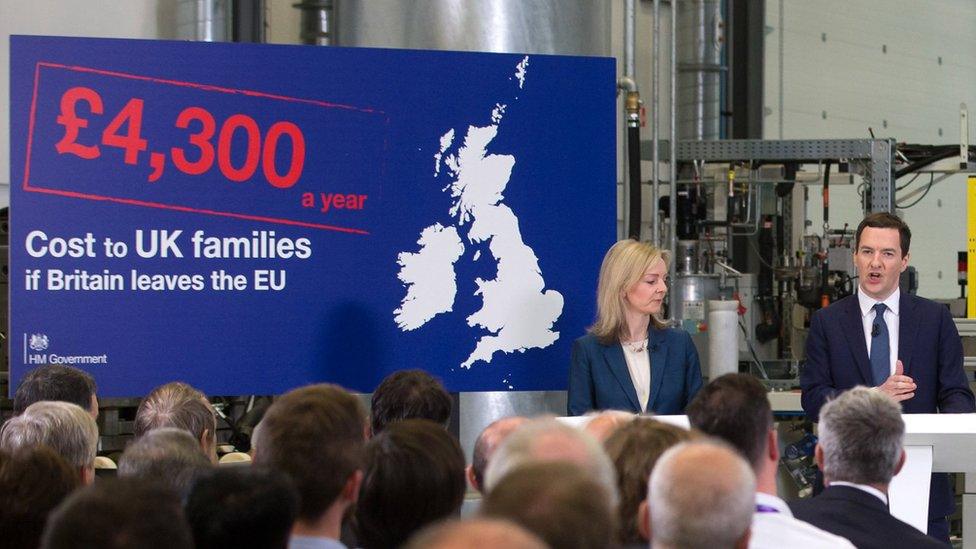
- Published15 June 2016
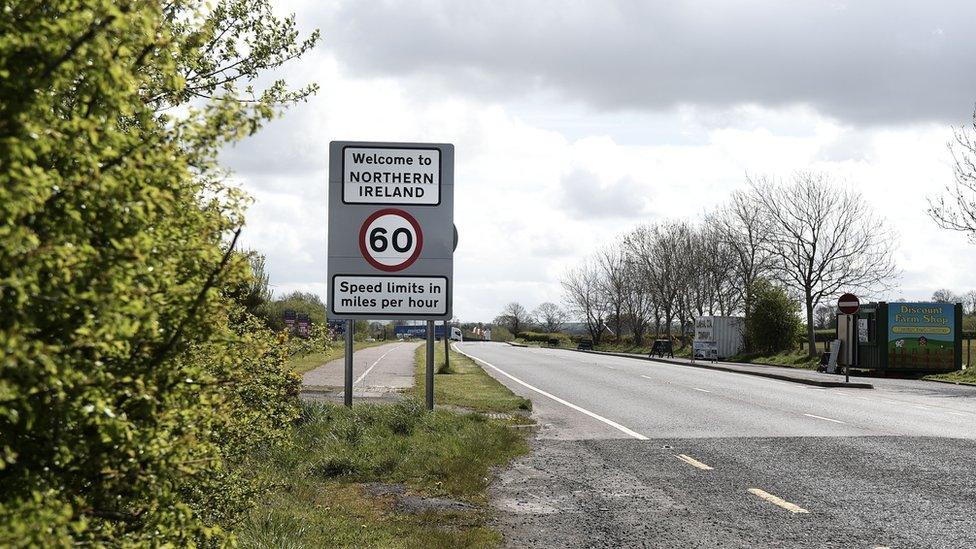
- Published5 June 2016
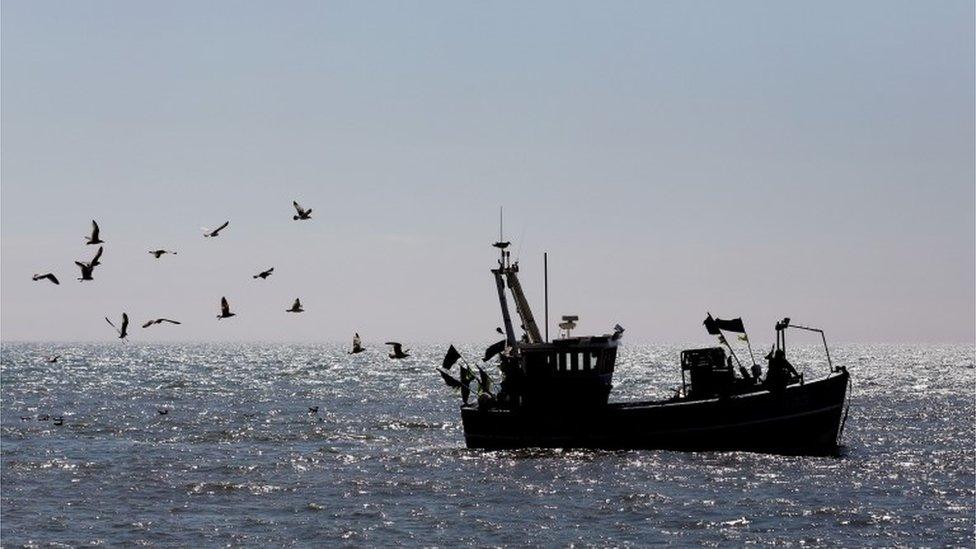
- Published13 June 2016

- Published31 May 2016
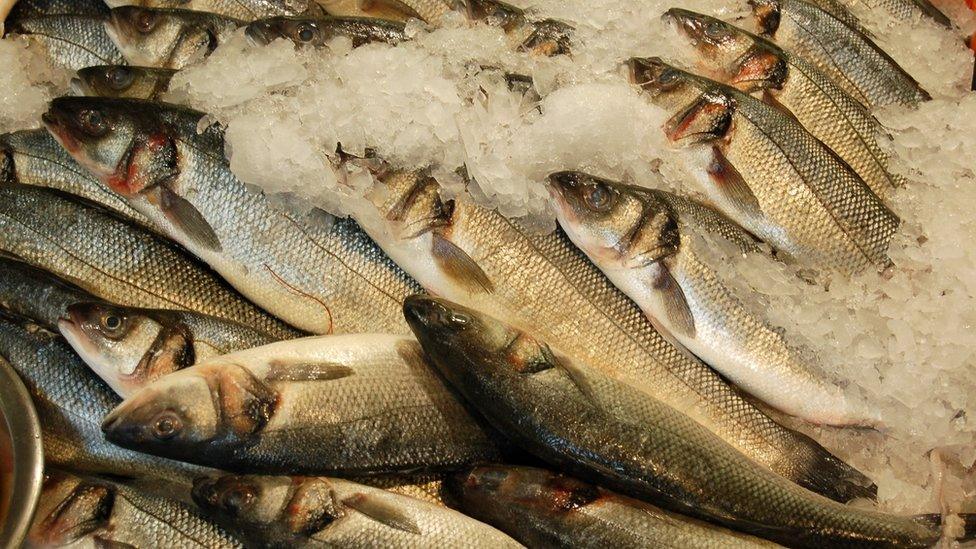
- Published31 May 2016

- Published22 February 2016
